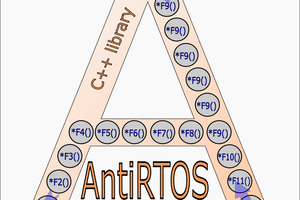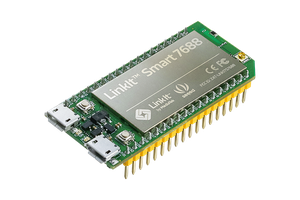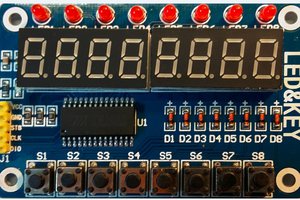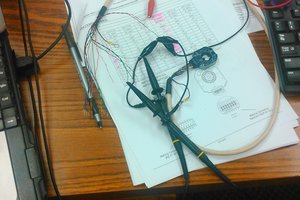Couple of things that might be interesting:
1 - I'm using a breadboard Power supply
2 - The case is a very cheap plastic conduit junciton box
3 - The ESP device is a V2 ESP-07 with an external antenna
4 - the wiring is created using my favorite looming technique - preterminated Dupont flywires and simple dupont shells. I like the neatness of it!

 Aleksei Tertychnyi
Aleksei Tertychnyi
 agp.cooper
agp.cooper

 jlbrian7
jlbrian7